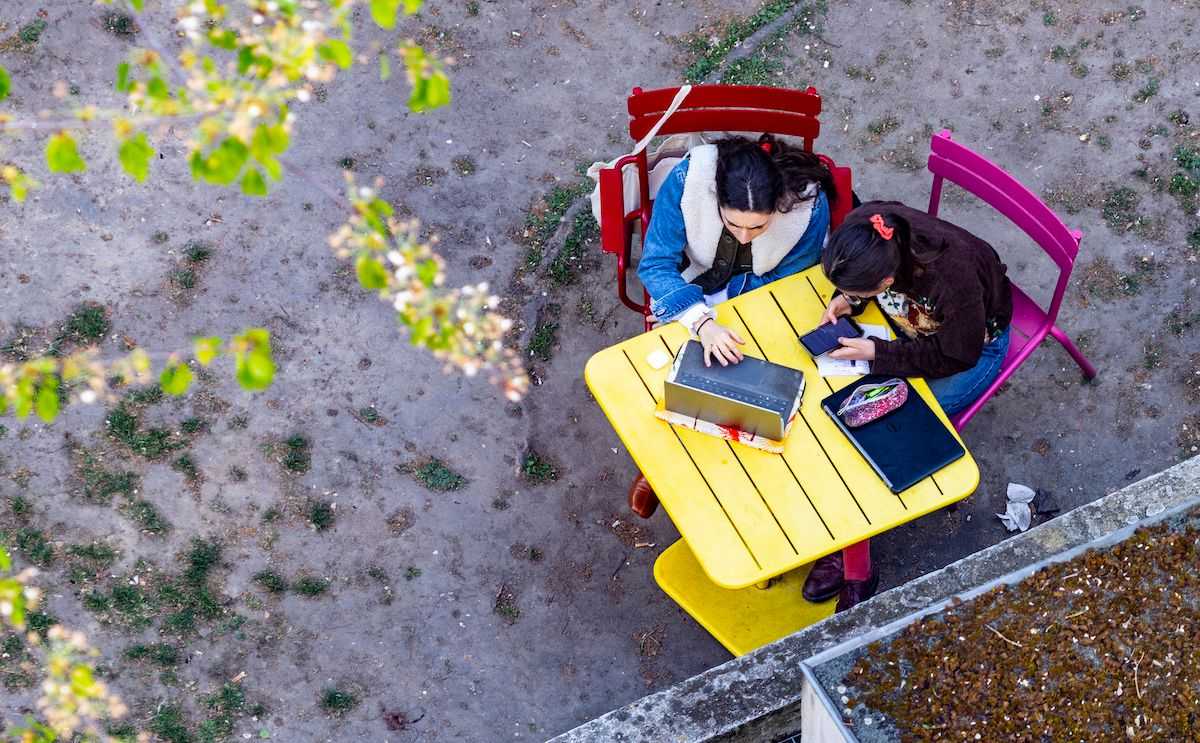Home>Sciences Po's Policy on Artificial Intelligence

02.12.2025
Sciences Po's Policy on Artificial Intelligence
Three out of four students already use AI tools every week.
Study by the French Ministry of Higher Education and Research conducted at Sciences Po in spring 2025.
The accelerated development of artificial intelligence (AI), and particularly generative AI, is paving the way for profound changes in our societies, careers, and lifestyles. Widely used by students, teachers, and researchers, these tools are challenging education and research leaders around the world, particularly in terms of teaching and transmitting knowledge. As a selective world-class university, Sciences Po is also dedicated to exploring the major issues that fuel public debate, including digital transformation.
Convinced that AI should be a lever for deploying skills, not a substitute for critical thinking, we are realising our doctrine on AI. It is based on five key principles:
- Aiming for a high level of intellectual rigour and fostering independent thinking,
- Asserting the strong value of humanities and multidisciplinarity,
- Shaping informed and responsible uses,
- Adapting our assessment methods,
- Prioritising AI as a research topic.
In other words, in a world made even more intellectually demanding by AI, our students must think more and therefore read and write even more to cultivate their creativity, insight, and intellectual ambition.
THE DOCTRINE (In French, PDF, 1.7 MO)
(credits: Caroline Maufroid / Sciences Po)